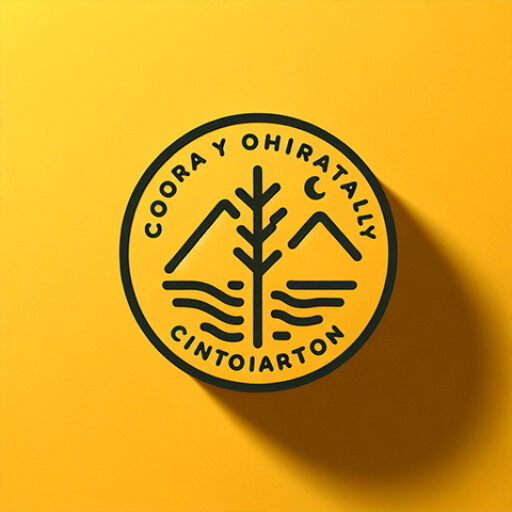Tags: Thailand, Buddhist Practices, Meditation Techniques, Monastery Investigation
Discovery of Human Remains
Thai authorities are investigating Pa Nakhon Chaibovorn Monastery in Phichit province after uncovering 41 cadavers allegedly used for meditation practices. The bodies, discovered on-site, were accompanied by death and donation certificates, according to police.
Officials are now contacting relatives of the deceased to confirm that the bodies were donated willingly and ensuring no illegal activities, such as body theft, occurred.
Meditation Technique Under Scrutiny
The monastery’s abbot, Phra Ajarn Saifon Phandito, defended the practice, stating that the use of human remains is part of a unique meditation method he developed. Practitioners, including monks, reportedly meditate in pavilions containing coffins with human remains.
While the abbot claimed the technique is passed on to other monks, the extent of its adoption remains unclear. He emphasized the method’s spiritual focus and its role in teaching meditation to participants.
Related Cases in Nearby Provinces
This investigation follows a similar discovery of 12 bodies at a monastery in Kamphaeng Phet province just days earlier. Authorities are now collaborating across provinces to determine whether the use of human remains for meditation is a widespread practice within Thai monasteries.
Legal and Ethical Implications
While the bodies appear to have documentation, Thai police are thoroughly investigating the legality and ethics surrounding the practice. They aim to ensure compliance with laws governing body donations and confirm that no exploitation occurred.
This unusual case has sparked public interest and raised questions about the boundaries of traditional and modern meditation practices in Buddhism.

Leave a Reply